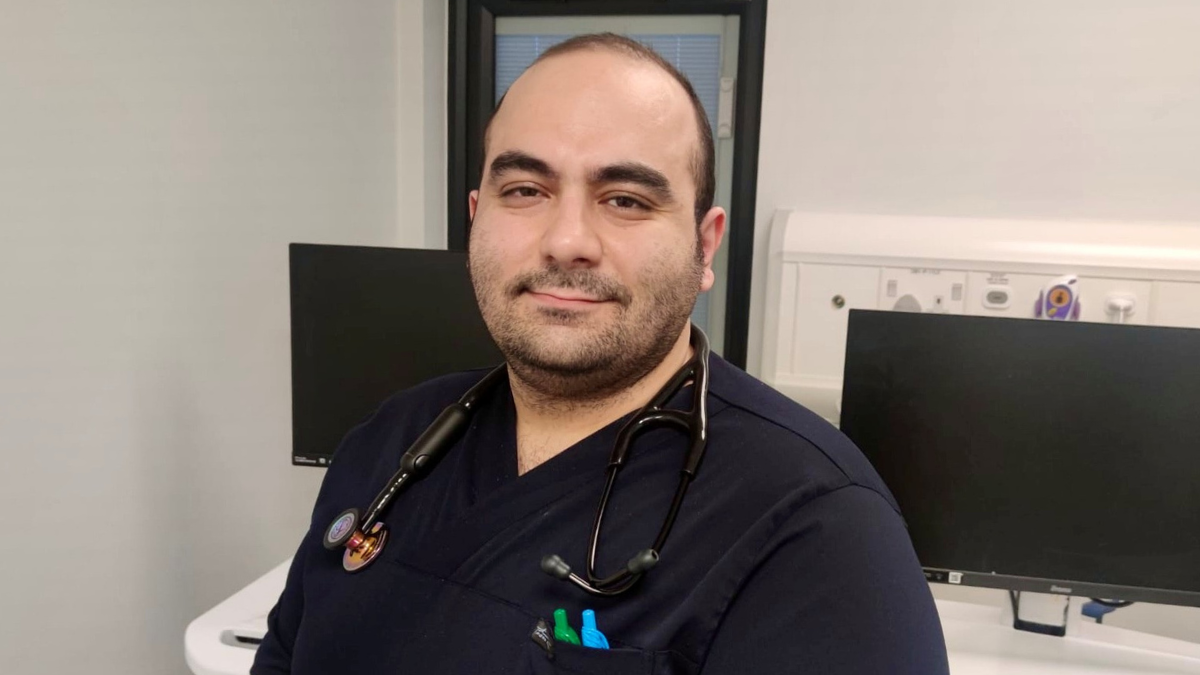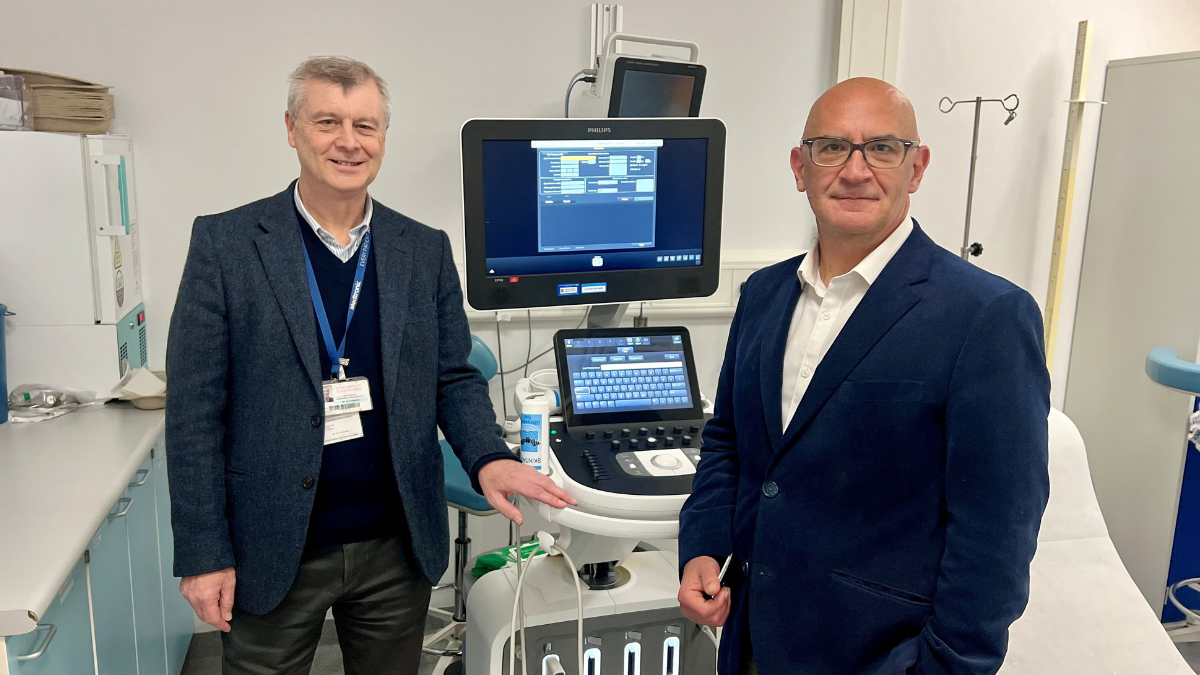Significant rise in viral respiratory infections impacting services
Published on 13/11/2025

University Hospitals Birmingham (UHB) is currently managing a substantial increase in viral respiratory infections, with over 200 inpatients diagnosed with influenza, COVID-19, respiratory syncytial virus (RSV) and other respiratory viruses.
This surge is placing considerable pressure on hospital services across the Trust’s hospitals which include Queen Elizabeth Hospital Birmingham, Heartlands Hospital, Good Hope Hospital, and Solihull Hospital.
The current wave of respiratory illness has arrived earlier than previous seasons, contributing to increased demand for inpatient care, emergency services, and staff resources, with staff sickness also having increased.
The Trust is also seeing the number of patients receiving critical care – the highest level of intervention - rising.
The Trust is implementing enhanced infection prevention measures, point of care testing for early detection, and working closely with system partners to manage capacity and maintain patient safety.
Dr Mark Garvey, Clinical Director of Infection Prevention and Control at UHB, said:
“We are experiencing a sharp and early rise in viral respiratory infections, which is placing significant strain on our hospitals.
"These viruses are circulating more widely and earlier than expected, and the impact is being felt across both patient care and staffing levels.
We are taking robust action to limit transmission, but the situation remains challenging and dynamic.”
Professor Kiran Patel, Chief Medical Officer at UHB, added: “We are urging the public to help us manage this pressure by using NHS services appropriately.
"Many flu-like symptoms can be safely managed at home, and we ask people to avoid attending A&E unless symptoms are severe.
Pharmacies and NHS 111 can provide effective support and guidance.
Most importantly, vaccination is a critical defence. I strongly encourage everyone eligible, especially those at higher risk and our health and social care colleagues, to get vaccinated against flu and COVID-19 as soon as possible.”
Members of the public are reminded to use NHS services appropriately and to seek advice from NHS 111, pharmacies, or urgent treatment centres for non-life-threatening conditions. Vaccination remains a key preventative measure, and eligible individuals are strongly encouraged to take up the offer.
For employees of University Hospital Birmingham Vaccination hubs are available across UHB sites, including Queen Elizabeth Hospital Birmingham, Heartlands, Good Hope, and Solihull. Staff can attend drop-in sessions or access vaccination from their ward leadership team.


